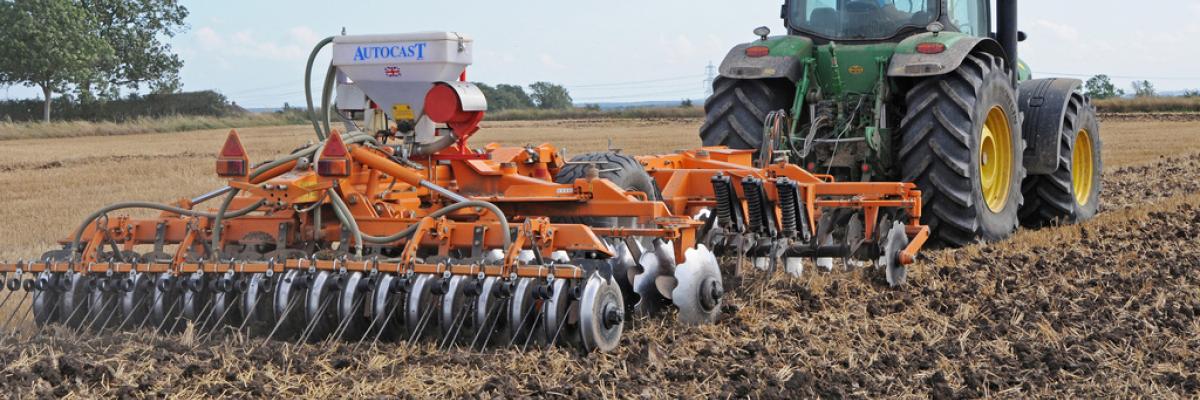

TILMAN - the final report
(from the Winter 2015 Organic Farming magazine)
Download the PDF
This magazine article summarises key messages from research undertaken in the European TILMAN-ORG (Reduced tillage and green manures for sustainable cropping systems) project. It describes some of the background of the project and what inspired it, particularly the perceived incompatibilities of reduced tillage and organic production systems. It explains the methodology used and what analysis of comparison of different tillage methods revealed in relation to crop yield, soil quality and weed population, and the impact of soil type on reduced tillage systems. It refers to outputs from experiments that highlighted the impact of reduced tillage on carbon stocks, soil microbial activity and mycorrhizal fungi. It touches on some key findings in relation to earthworm activity and tillage timing and type. The last section focuses on green manures; farmers finding ways of ensuring adequate nutrient supply to growing crops in reduced tillage systems, what investigations have yielded, and challenges that remain.
- The project investigated common concerns farmers have about practicing reduced tillage, particularly in relation to weed pressure, incorporating fertility-building leys and compost, and the potential of slowing down the release of nutrients from soils.
- Analysis of tillage methods showed that yield reductions did not seem to be as great as expected when tillage intensity was reduced.
- The research revealed that problems with soil structure can develop when lighter soils are managed with reduced tillage.
- There was no clear relationship found between the effect of reduced tillage on yields and the length of time reduced tillage systems had been implemented.
- Reducing tillage intensity was found to increase soil microbial activity and diversity. Mycorrhizal fungi were enhanced when tillage was minimised.
- The article highlighted some startling findings in relation to the impact of reduced tillage on earthworm loss and states that changes to rotation design that involve cultivations when the soil is dry and cold can reduce earthworm losses.
- Researchers found that yield losses under reduced tillage could be compensated by growth of a green manure before the main crop.
- The article refers to some innovative green manure and reduced tillage systems being developed and interesting new research being undertaken.
